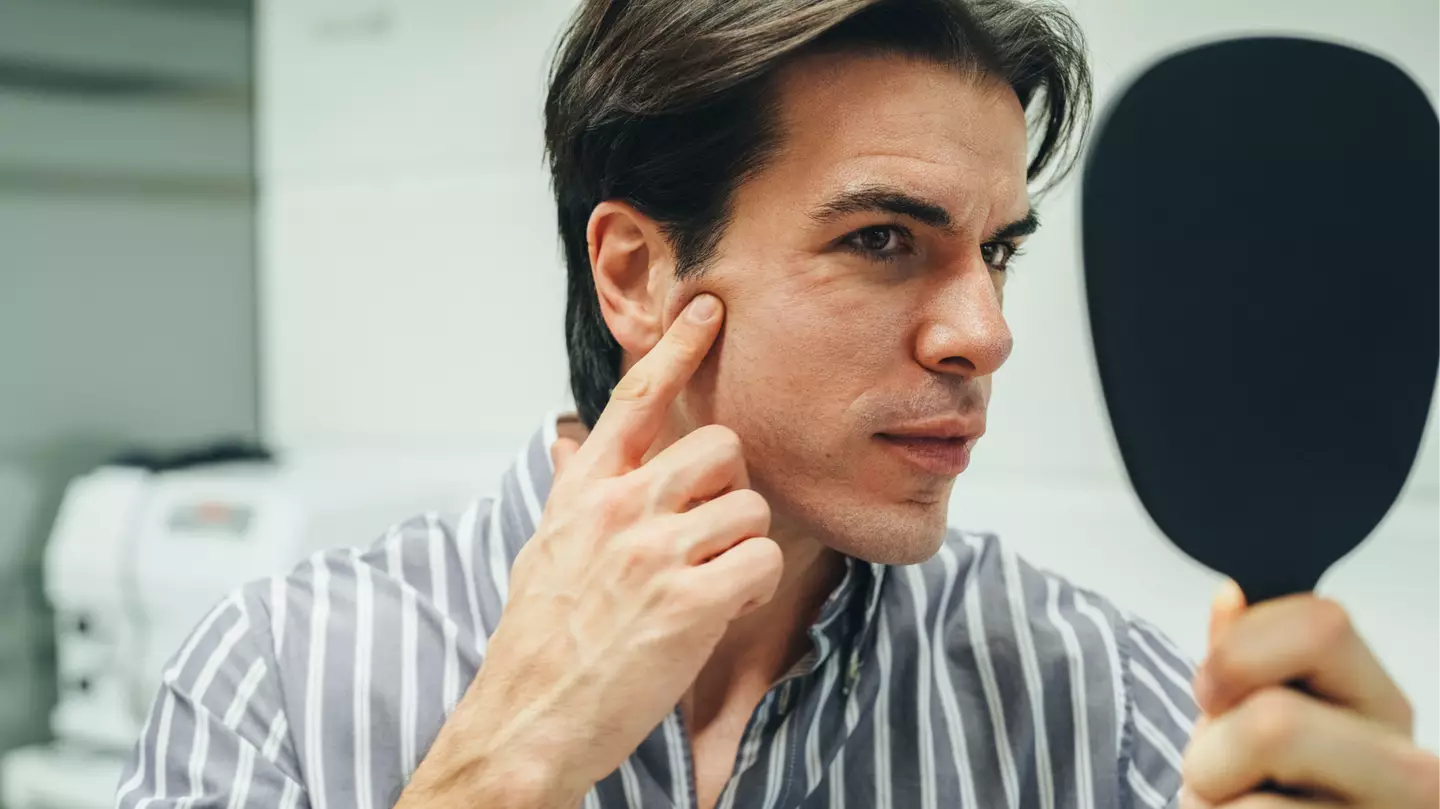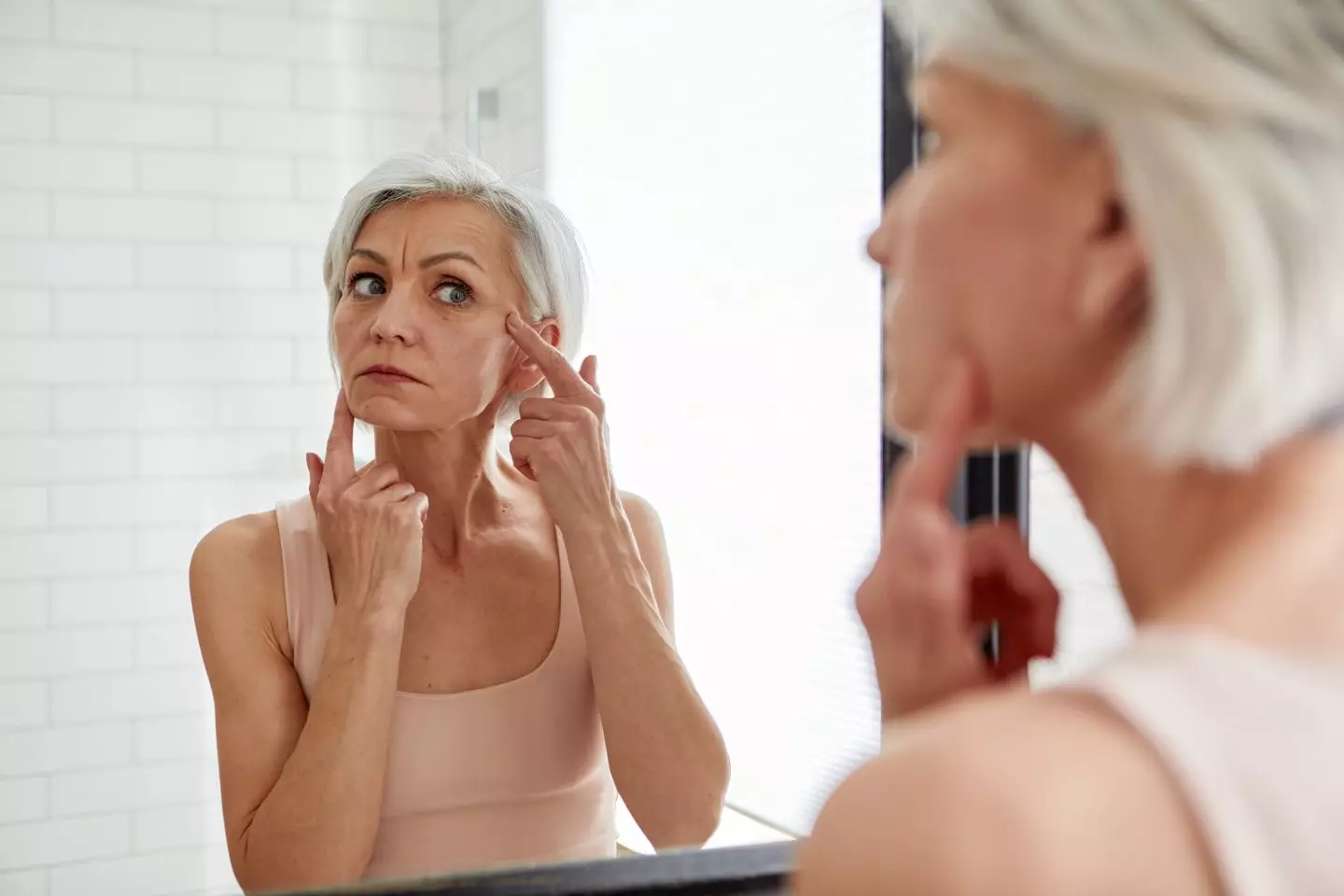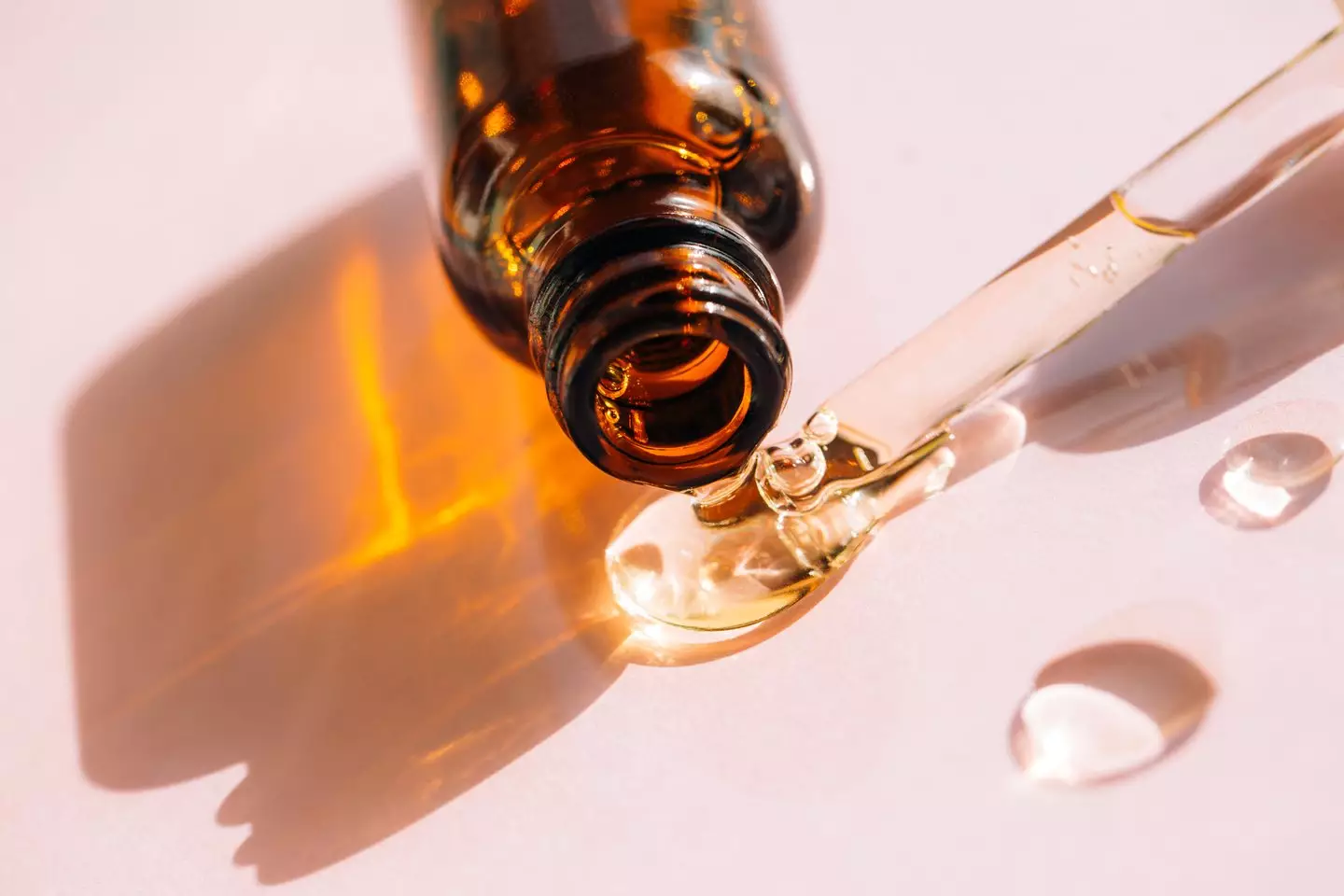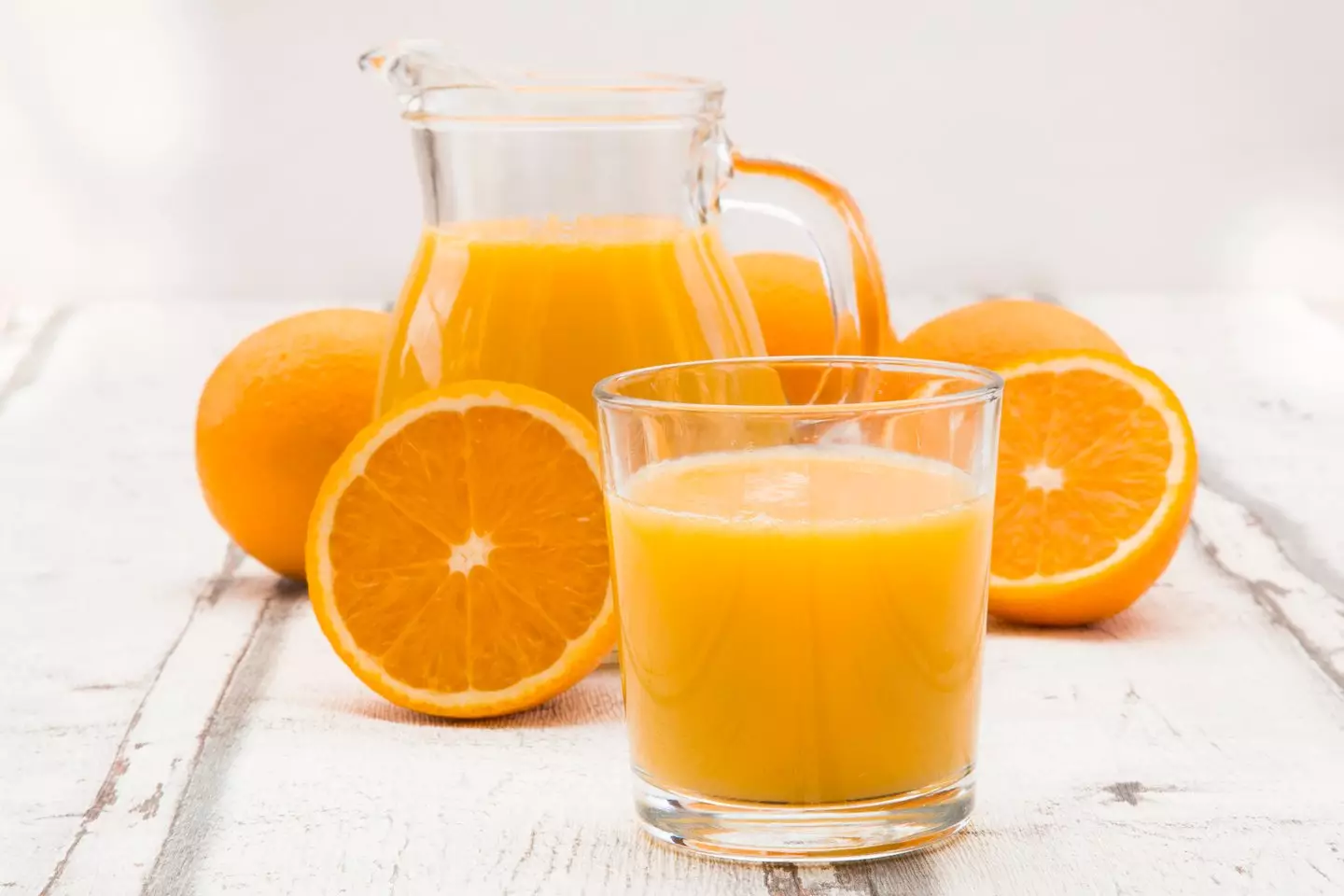
Consuming a particular vitamin daily could reverse signs of skin ageing, a new study has found.
We've never been more obsessed with youth - think 'Instagram face', booming anti-ageing skincare lines and cosmetic procedures on the rise.
In fact, between 2019 and 2022, the US saw a 73 per cent jump in botox and similar injections, according to the American Society of Plastic Surgeons. And with the pressure to be flawless only mounting, it seems unlikely we'll ever stop chasing perfection.
However, a new study from Japan has shown that Vitamin C (VC) helps thicken the skin, making it appear less wrinkled and saggy, as our skin thins with age.
Advert
We already knew that VC is good for our health; it's an antioxidant that helps protect cells from damage caused by 'free radicals,' supports the immune system, aids in wound healing, and improves the absorption of iron.

But it turns out that VC actually stimulates genes that promote skin cell growth.
Published in the Journal of Investigative Dermatology, the study was led by Dr. Akihito Ishigami, Vice President of the Division of Biology and Medical Sciences at Tokyo Metropolitan Institute for Geriatrics and Gerontology.
He explained: "VC seems to influence the structure and function of epidermis, especially by controlling the growth of epidermal cells.
"In this study, we investigated whether it promotes cell proliferation and differentiation via epigenetic changes."
The research tested the impact of VC on lab-grown human skin models, which was nutrient-fed below, and air-exposed above - like real skin.
VC was then applied at 0.1 mM and 1.0 mM daily - levels matching what skin cells would see after VC enters from the bloodstream.
The cells were then observed on days seven and days 14 of treatment.

By day seven, the inner cell layer was already thicker; while the outermost layer - the dead-cell stratum corneum - remained unchanged.
But on day 14, the inner layer was even thicker, while the outer dead layer became thinner, signalling a faster turnover of cells.
As it turns out, VC was actually restoring the skin rather than just protecting cells, as it re-activates the body’s own genetic renewal programs.
"We found that VC helps thicken the skin by encouraging keratinocyte proliferation through DNA demethylation, making it a promising treatment for thinning skin, especially in older adults." Dr. Ishigami explained.
According to the NHS, foods like fruit and vegetables are the best source of VC. Snacking on oranges, strawberries and blackcurrants can boost your intake, as well as drinking orange juice.

Vegetable wise, peppers, broccoli, Brussel sprouts and - surprisingly - potatoes all contain VC.
The NHS says adults aged 19 to 64 need 40mg of VC a day - and this should all come from your diet, ideally.
However, VC cannot be stored in the body, so it's vital to include it in your diet every day.
Next steps of the study include clinical trials to test if topical or consumed VC can deliver these gene-reprogramming benefits in living patients.